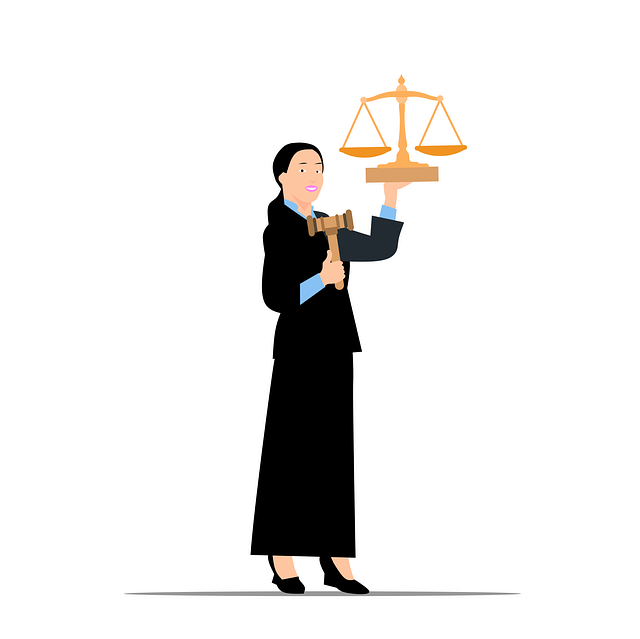Antitrust laws ensure fair competition and protect consumers by preventing market restrictions and monopolies. In civil litigation for business partnership issues, especially those with antitrust violations, understanding these laws is key to successful defense or prosecution. Red flags include agreements restricting trade, leading to higher prices and reduced choice. Legal strategies demand thorough investigations of company practices, requiring a deep knowledge of antitrust law to protect businesses and consumers from harmful behaviors during complex legal proceedings.
Antitrust violation cases are a critical aspect of maintaining fair market competition, protecting consumers, and fostering economic health. This article delves into the intricacies of antitrust laws, elucidating their purpose and how they safeguard businesses and customers alike. We identify behaviors that breach these rules, focusing on strategies to recognize and address such practices. Furthermore, we navigate the civil litigation process specific to partnership disputes, offering insights for business owners facing legal challenges related to these issues. Understanding these aspects is crucial for effective dispute resolution and compliance with antitrust regulations.
- Understanding Antitrust Laws and Their Purpose
- Identifying Behavior That Violates Antitrust Rules
- Navigating Civil Litigation Process for Partnership Disputes
Understanding Antitrust Laws and Their Purpose

Antitrust laws are designed to promote fair competition and prevent businesses from engaging in practices that could restrict market competition or harm consumers. These laws aim to ensure a level playing field for all participants in the marketplace, fostering innovation and keeping prices competitive. Understanding antitrust regulations is crucial, especially when it comes to resolving business partnership issues through civil litigation. By examining agreements, mergers, or partnerships that may hinder trade, these laws protect the interests of businesses and consumers alike.
The purpose behind antitrust legislation is not merely punitive but also preventative. It seeks to deter companies from forming monopolies or engaging in anti-competitive behaviors by holding them accountable for any violations. This legal framework provides a structured approach to address business practices that could distort market forces, ultimately leading to better outcomes for consumers and fostering economic growth. Through successful civil litigation strategies, businesses can navigate these complex regulations, defend against allegations, and achieve extraordinary results, including winning challenging defense verdicts and, in some cases, securing a complete dismissal of all charges.
Identifying Behavior That Violates Antitrust Rules

Identifying behavior that violates antitrust rules is a complex task, but it’s crucial for businesses navigating competitive markets. Key red flags include agreements or practices that restrict trade, such as price fixing, market division, and bid suppression. These actions hinder competition, leading to higher prices and fewer choices for consumers.
Civil litigation for business partnership issues, including white collar defense and white collar and economic crimes, often revolves around uncovering these illicit behaviors. A winning challenging defense verdict requires a meticulous examination of company policies, communications, and market interactions. Understanding the nuances of antitrust law is essential to constructing a robust legal strategy that protects both businesses and consumers from harmful practices.
Navigating Civil Litigation Process for Partnership Disputes

Navigating the civil litigation process for business partnership issues can be complex, particularly in cases involving antitrust violations. When partnerships sour, whether due to disagreements over strategic direction, financial discrepancies, or breach of fiduciary duty, legal action often follows. The first step is determining the appropriate legal venue and jurisdiction, considering factors like where the business operates and where the partners reside. Filing a complaint with detailed allegations sets the stage for what could be a lengthy process.
During this civil litigation, both parties present their cases to a judge or, in some jurisdictions, a jury. Evidence is exchanged, depositions are taken, and legal arguments are presented. The goal for the plaintiff seeking antitrust violations is to secure a complete dismissal of all charges, demonstrating that no illegal activities occurred. For the defendant facing such accusations, it’s crucial to assemble a robust defense, often involving meticulous documentation and expert testimony, to ensure fairness and protect philanthropic and political communities from unfounded allegations.
In addressing antitrust violation cases, especially those involving complex business partnerships, understanding both antitrust laws and the civil litigation process is paramount. By identifying behaviors that disrupt market competition, we can ensure fair practices within industries. Navigating the civil litigation process for business partnership issues allows for a thorough examination of disputes, ultimately fostering a more transparent and competitive marketplace. For businesses, this means recognizing the importance of maintaining ethical standards to avoid legal complications and protect their reputation in today’s competitive landscape.






